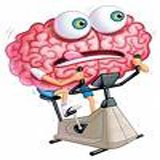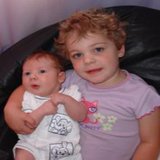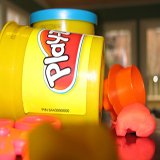Child Intellectual Development Information
With this child intellectual development information page, I would like to share with you what to expect from your baby/child regarding their intellectual skills at a given age as they develop into toddlers.
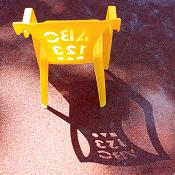
We often expect small children to think like little adults when they are not yet capable of doing that.
The Absorbent Mind
Maria Montessori
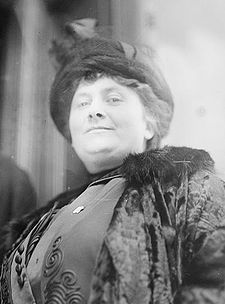
Maria Montessori, the founder of the famous developmentally-based schools, calls the early childhood years, the time of the Absorbent Mind. She said that childrens brains are like sponges, they absorb everything, through their senses and exploring.
One of the greatest development psychologists, Jean Piaget became well-known after the work he has done on cognitive development and intellectual learning. He divided human cognitive development into 4 periods. The one we are going to look at is the first period:
Sensorial-motor period (from birth to 2 years)
During the first 18 months babies develop problem solving skills. A babys emotional intelligence development is influenced by genetic intelligence by his parents and secondly, by his environment and stimulation he receives from that environment. During this period children are able to visualize something, e.g. when you say the word car, they can see the image of a car.
Here are some child intellectual development skills you can expect for this age group:
12-18 Months:
- Begins to show a well developed memory
- Begins to understand some situations
- Start recognizing pictures
- Discover how things work
- Help turn pages
- Understands a hidden object still exists
- Explores via touch and taste
- Dumps things out
- Repeats actions to learn cause and effect
- Sort simple objects
- Tears paper
18-24 Months:
- Increasing understanding of objects and situations
- Follow simple instructions
- Enjoys nursery rhymes
- Listens to stories over and over again
- Remembers and find more than 1 object out of sight
- Remembers where objects belong
- Start to categorize
- Points to specific pictures when asked
- Tries different ways to do something
- Learn from looking at books
- Pretends
- Concentration span more than 5 min
- Inspects something by looking at it
Toddlers dedication to learning is so intense that they are veritable super students. Many are so enthusiastic they dont want to pause to eat, sleep, or even use the bathroom. - Linda Sonna
Find It!
Can't remember where you read something specific? Just type in your search term in the box below and your specific topic will be returned to you instantly.






